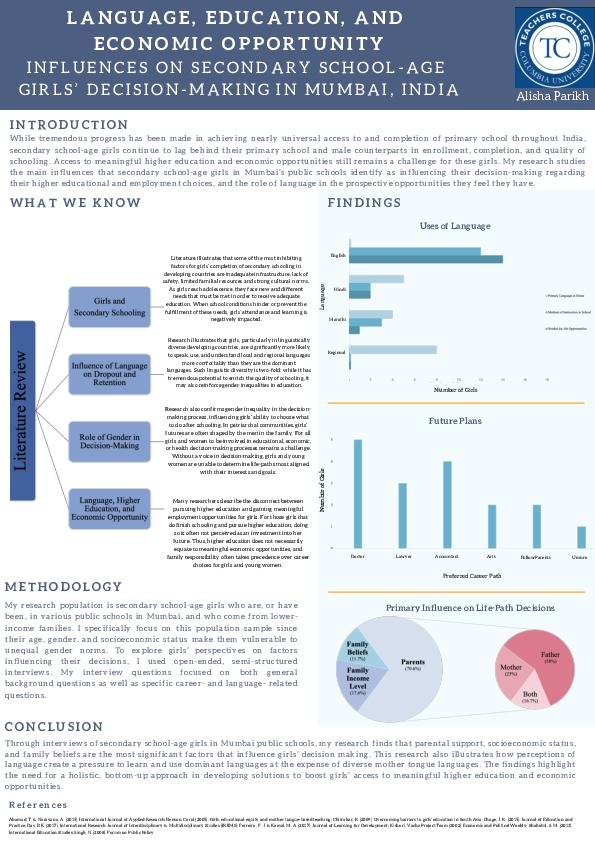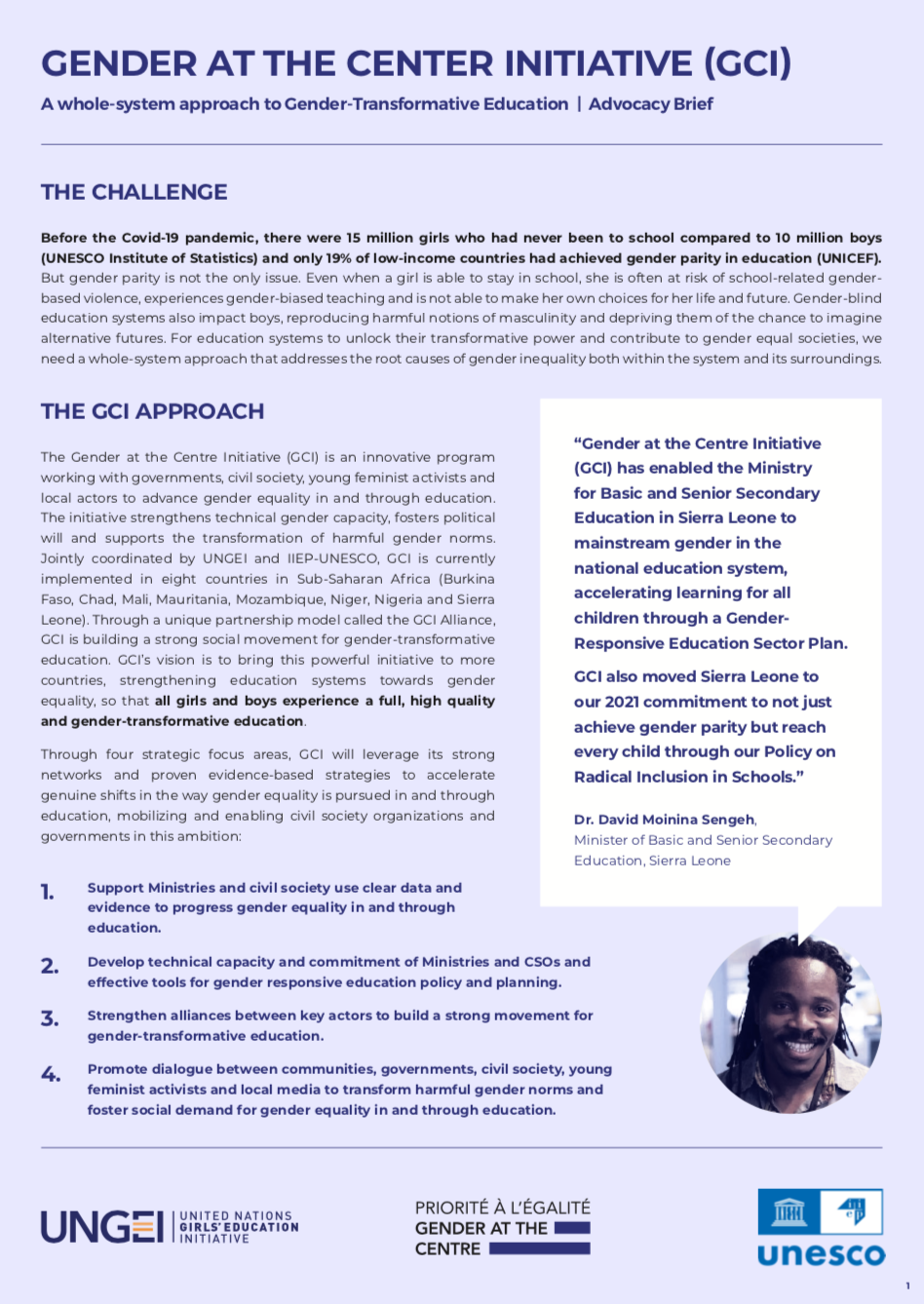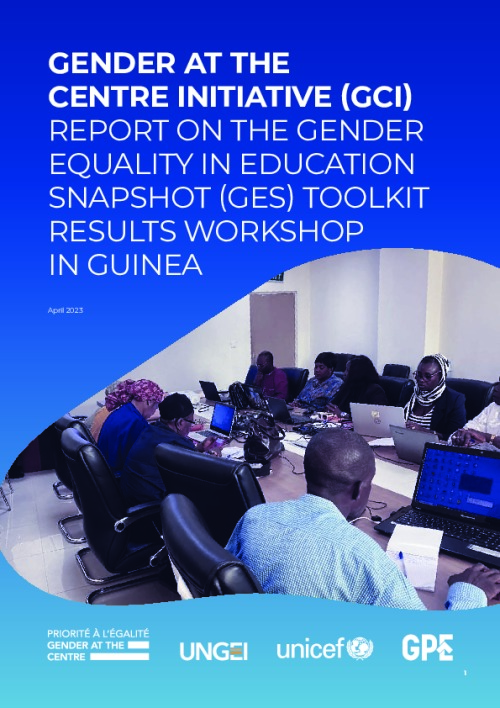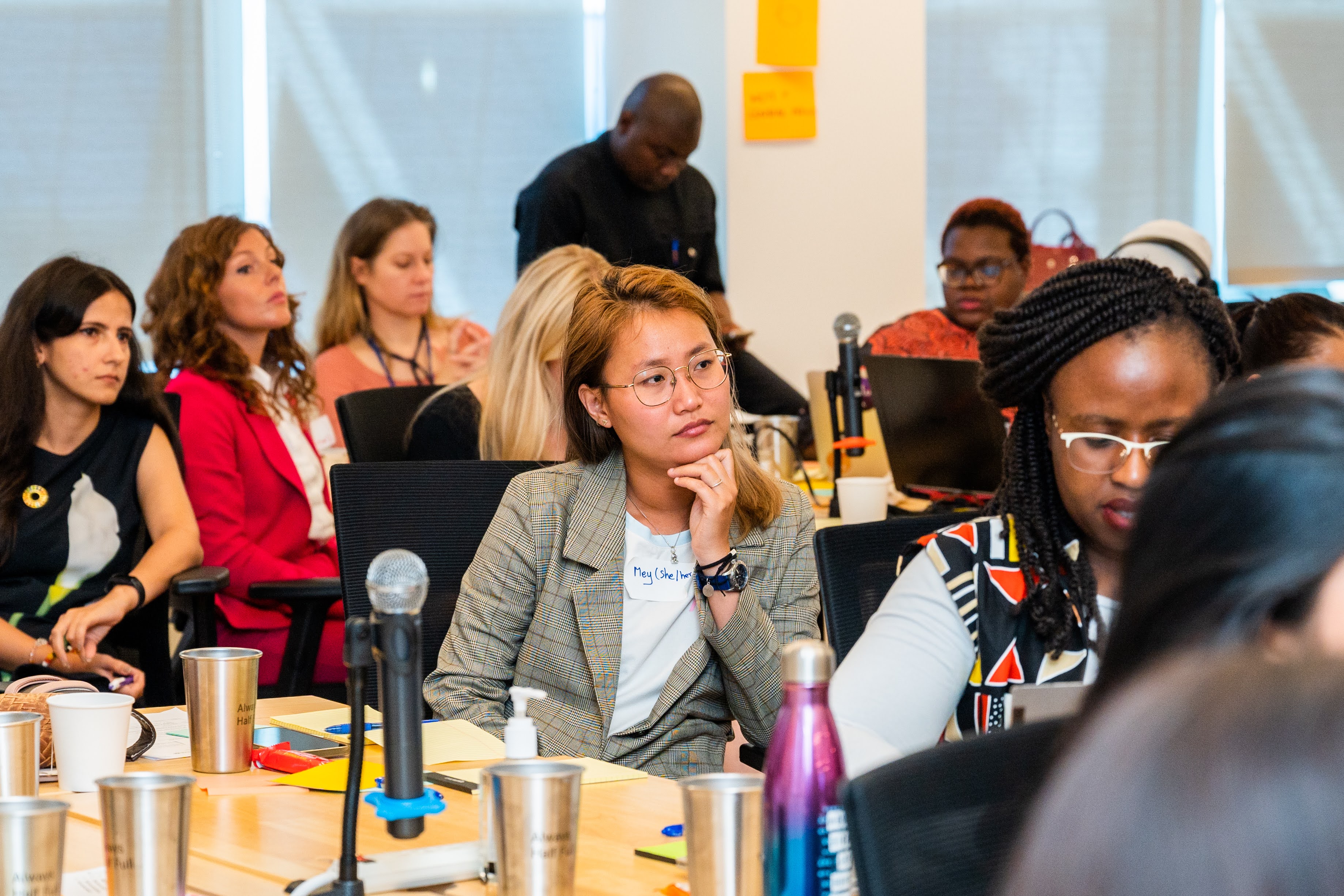Knowledge Hub
Learning and resources on gender in education

Language, education and economic opportunity
Influences on secondary school-age girls' decision making in Mumbai, India
While tremendous progress has been made in achieving nearly universal access to and completion of primary school throughout India, secondary school-age girls continue to lag behind their primary school and male counterparts in enrollment, completion, and quality of schooling. This research studies the main factors that secondary school-age girls in Mumbai’s public schools identify as influencing their decision-making regarding higher educational and economic opportunities, and the role of language in the prospective opportunities they feel they have. Through interviews, findings suggest that parental support, socioeconomic status, and family...
While tremendous progress has been made in achieving nearly universal access to and completion of primary school throughout India, secondary school-age girls continue to lag behind their primary school and male counterparts in enrollment, completion, and quality of schooling. This research studies the main factors that secondary school-age girls in Mumbai’s public schools identify as influencing their decision-making regarding higher educational and economic opportunities, and the role of language in the prospective opportunities they feel they have. Through interviews, findings suggest that parental support, socioeconomic status, and family beliefs are the most significant factors that influence girls’ decision-making, and explain how perceptions of language create a pressure to learn and use dominant languages at the expense of diverse mother tongue languages. The findings highlight the need for a holistic, bottom-up approach in developing solutions to boost girls’ access to meaningful higher education and economic opportunities. The one-page poster highlights the main key points of this research.
More to explore
Sign up to the UNGEI newsletter
 en
en 


 العربية
العربية Български
Български Hrvatski
Hrvatski Čeština
Čeština Dansk
Dansk Nederlands
Nederlands Suomi
Suomi Français
Français Deutsch
Deutsch Ελληνικά
Ελληνικά हिन्दी
हिन्दी Italiano
Italiano Română
Română Русский
Русский Español
Español Maltese
Maltese Zulu
Zulu አማርኛ
አማርኛ